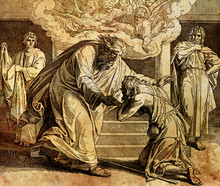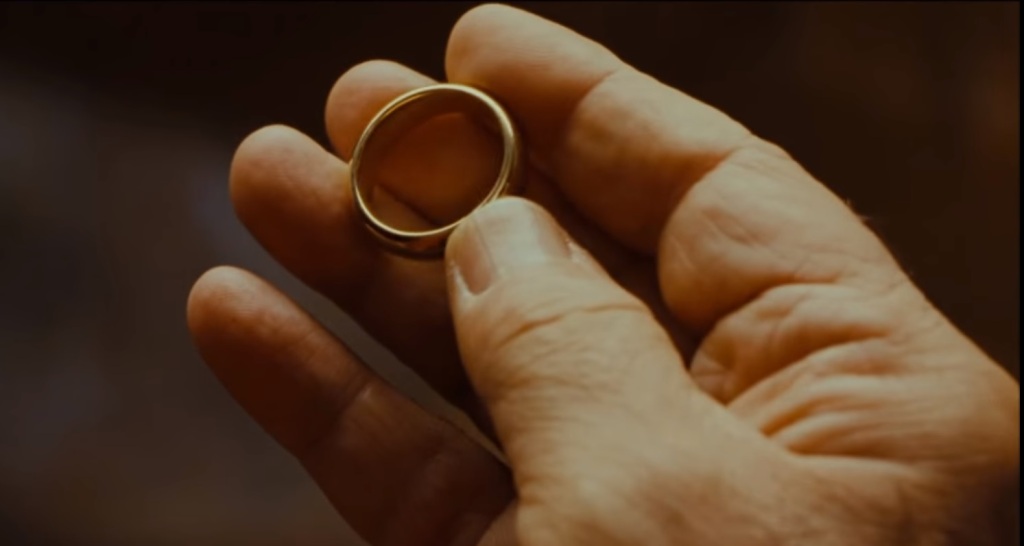
In Tolkien’s famous trilogy, the kingdom of Gondor was ruled by kings who carried elven blood in their veins and lived by a sense of honor stemming from the Valar themselves. These kings ruled from a great throne while their most trusted advisors sat in stewardship below. When Isildur failed and left Gondor kingless, the stewards remained below the throne, vowing to keep their trust for the day the line of kings was restored. That is, until Denethor assumed stewardship and forgot about the throne above him. When the rightful king appeared, Denethor rejected him furiously, resentful of any threat to his own perceived authority. He chose angry despair and self-destruction over hope and redemption, all to preserve his own vanity.
By contrast, the rightful king returned without fanfare. He spent his time fighting in the ranks, walking with the fearful, and comforting the broken. Few even knew his true identity. As the final battle approached and his identity could no longer be hidden, he did not march into the city and seize the throne from the recalcitrant steward. He walked secretly in the camp, healing the injured and bolstering the courage of frightened soldiers. Only when victory was won did he claim his birthright, and then bowed to the smallest of his subjects in humility and service.
The first century Jewish religious elite had developed a reputation of scholarship. Their time spent poring over scrolls and arguing about application inflated their authority in their own eyes. When the King arrived and did not bow to them, His stewards, they flew into a self-destructive rage and went to war against Him. They even allied with those they considered most evil in order to preserve their own self-righteous vanity.
Jesus, the King Himself, came as the humblest of men. He walked the earth in homespun wool, went hungry and thirsty, healed and comforted and fed those with need. He walked the road to the cross, crushed under the weight of responsibility and love, every moment also carrying the unused authority to obliterate his tormentors. Only after resurrection proved Satan’s ultimate defeat was His Kingship proclaimed to the four corners of the earth.
The problem with Denethor and the Jewish elite was that they forgot that a steward is a servant. He or she has no authority, simply cares for another’s most precious assets. A steward carries responsibility to another, responsibility that effaces all other purpose for his or her life. However, all authority lies with the owner of those precious assets, and the steward must give account to the owner for every action taken. A steward who forgets the interests of the owner in favor of his or her own fails. A steward who inflates his own importance to preserve his position fails. A steward who focuses on unproductive actions to the detriment of the owner’s precious assets fails. A steward who takes advice from the owner’s enemy instead of listening to the owner fails.
There is only one King, and souls are His most precious asset. We, humans, are his stewards tasked with preserving souls, including our own. We have no authority over each other in His kingdom, only a responsibility we could never bear without His mercy. Souls are fragile things and require gentle tending to thrive. Each is different and must be carefully cultivated with love and compassion and understanding of what that soul needs in order to reveal the beauty for which it is loved by the King. We as stewards, as humans, as treasured souls, have no other purpose.










